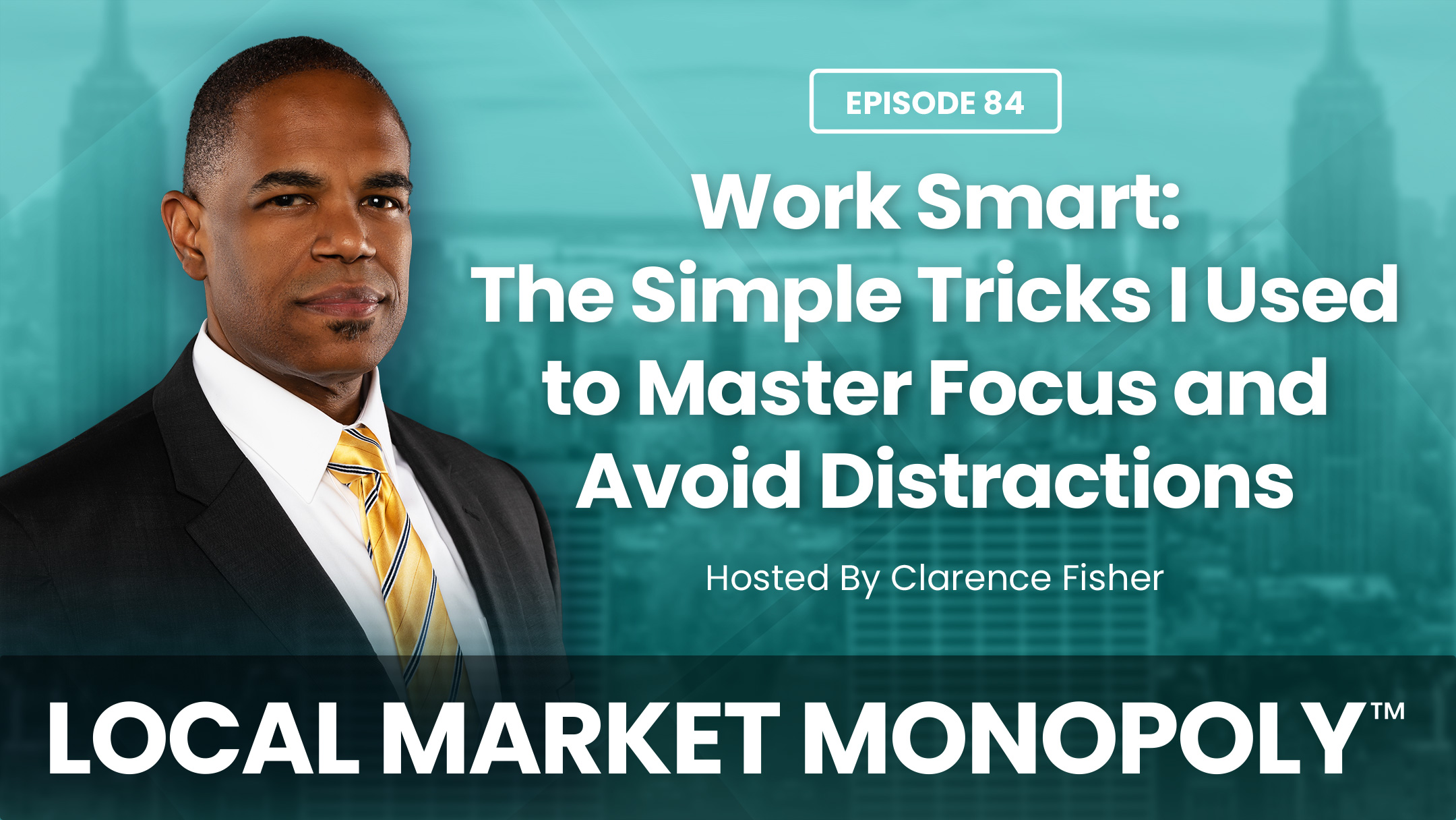Master Focus: Your Path to Increased Efficiency, Enhanced Performance, and Success”
In today's hyper-connected digital world, finding focus can feel like searching for a needle in a haystack. That's why in this episode, we're diving headfirst into the sea of productivity hacks, sharing simple yet potent strategies to master focus, sidestep distractions, and get stuff done!
The Magic of The Pomodoro Technique: Breaking Work Into Bite-Sized Pieces
Our first destination on the journey to razor-sharp focus is the Pomodoro Technique. This time management method is all about breaking your work into manageable, distraction-free chunks. We'll discuss how to implement it, and why it's so effective in boosting productivity.
Key Takeaway: Divide your work time into focused periods with scheduled breaks to optimize productivity.
Harnessing the Power of Meditation: Calming the Mind for Better Focus
Next, we take a deep dive into the practice of meditation. Far from just spiritual jargon, meditation can be a potent tool for achieving clarity and sustained focus. We'll talk about simple techniques, their benefits, and how you can incorporate them into your daily routine.
Key Takeaway: Regular meditation can improve your ability to focus and reduce stress.
The Art of Digital Detoxing: Reducing Screen Time for Maximum Productivity
In the era of constant notifications, finding focus can be a challenge. Enter digital detoxing: a necessary step to reclaim your attention from the clutches of screens. We explore different ways to conduct a digital detox and how this can drastically improve your focus.
Key Takeaway: Regular digital detoxing can help minimize distractions and improve productivity.
Embracing Minimalism at Work: Declutter Your Space, Declutter Your Mind
Last but not least, we explore the philosophy of minimalism. Specifically, how a clutter-free workspace can lead to a clutter-free mind. We discuss practical steps for implementing minimalism at work and its surprising effects on focus.
Key Takeaway: A clean, clutter-free workspace can significantly enhance focus and productivity.
Ready to harness the power of focus and steer clear of distractions? Join us on this episode. Implement these simple tricks and watch your productivity soar.










